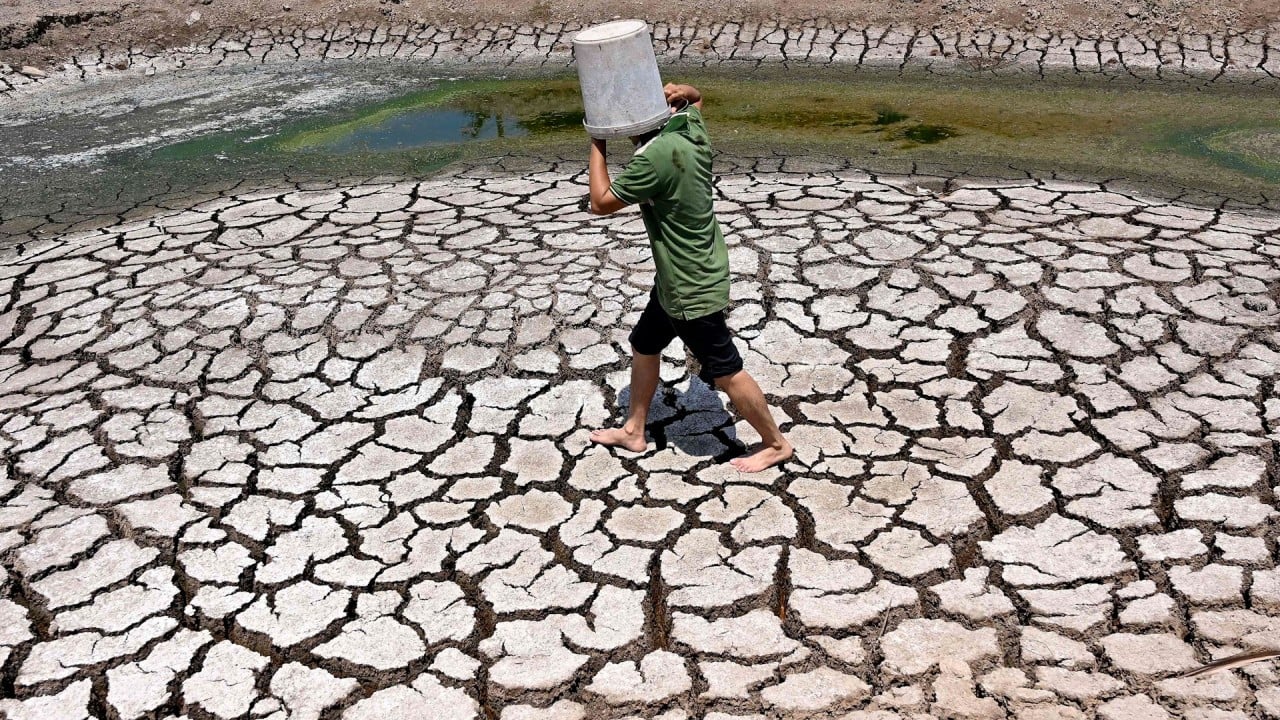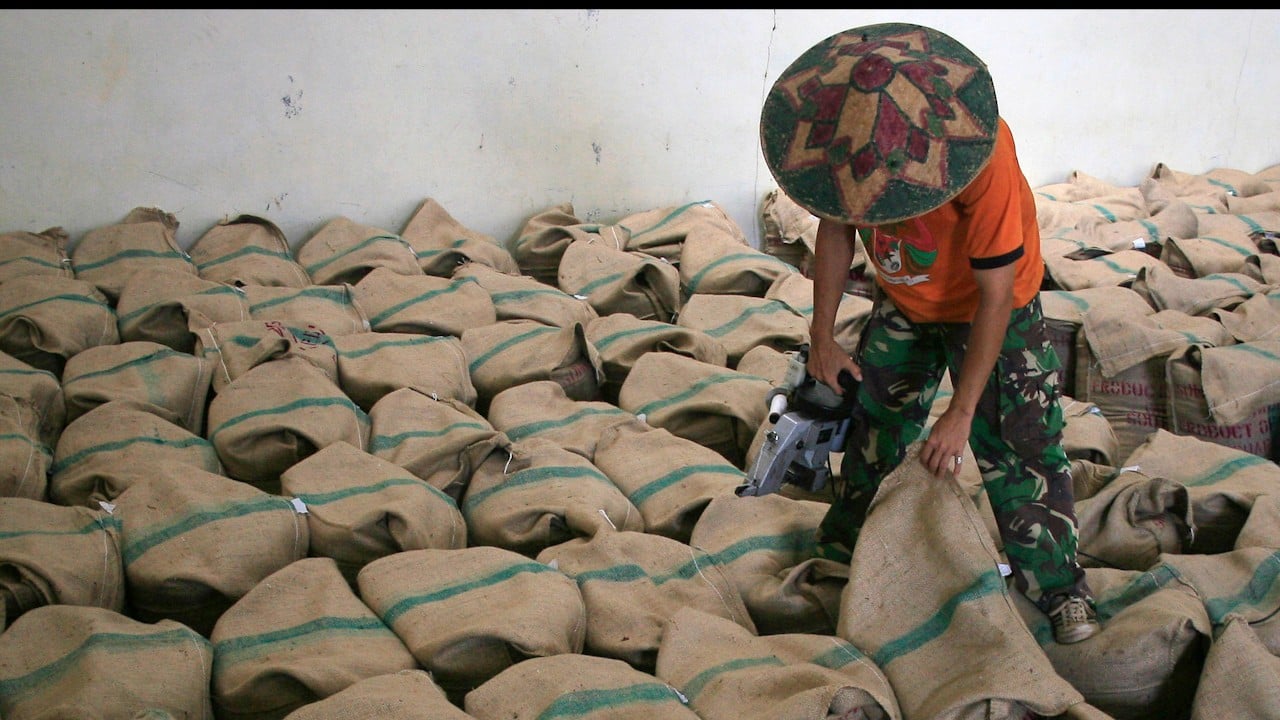While Europe dominates the more lucrative market for processed coffee (such as instant coffee), the low value-added market for unprocessed coffee (such as raw beans) is dependent on poorer countries – along with Vietnam, Brazil, Colombia, Indonesia and Ethiopia are responsible for 70 per cent of this sector.
For these Global South growers, coffee exports are an important source of revenue.
By 2040, the world may face a robusta coffee shortage of up to 35 million (60kg) bags due in part to climate change and consumption trends, according to the NGO World Coffee Research. By 2050, half the land suitable for growing arabica coffee will no longer support the crop, putting further pressure on coffee production and prices.
In response, the Colombian government established a central coffee authority to help coffee farmers, and gave them a new rust-resistant coffee variety to replant with. Consequently, its coffee output recovered from a devastated 8.5 million bags in 2008 to 14.5 million bags in 2018.
A similar situation occurred across Central America between 2011 and 2013 when coffee leaf rust spread across Honduras, Costa Rica, Nicaragua, El Salvador and Guatemala, resulting in at least 350,000 people losing their jobs and drops in national coffee production of between 11 and 70 per cent.
Lessons can be learned from the different approaches countries took in response to the crisis. Some, like Honduras, followed Colombia’s example by establishing a central coffee authority to provide loans and technical support to farmers, and started to plant rust-resistant coffee varieties.
In contrast, others, like El Salvador, distributed fungicides to farmers, failed to set up a central coffee authority, and continued to suffer from falling crop yields. In late 2021, to halt the sector’s decline, the El Salvadoran government announced a US$400 million climate resilience programme to roll out 24 million rust-resistant coffee plants. Last year, it finally established a Salvadoran Coffee Institute.
Together with the crop difficulties faced by Vietnam, the experience of Latin American nations highlights the huge impact of climate change on the developing world, from food security to agricultural exports, and its disproportionate effect on farmers.
To this end, countries with a background in climate change mitigation and adaptation can help by exporting their knowledge. In particular, Australia has experience in coping with higher temperatures and dryer conditions in its wheat production. Between 2007-08 and 2019-2020, it managed to improve its wheat yields by 14 per cent through technology and management practice changes.
Estimates from the Commonwealth Scientific and Industrial Research Organisation, an Australian government agency, further suggest that the use of technical and managerial adaptations in cropping systems (based on forecast climate change) could increase yields by around 15 per cent.
The continued effect of climate change on coffee crops also affects coffee-importing countries. In more extreme cases, coffee importers may need to seek alternative sources or trade agreements to secure supplies during shortages.
The latest spike in coffee prices caused by the drought in Vietnam is a stark reminder of the effect of climate change on crops and the vulnerability of the coffee-growing sector in particular, as seen from the coffee leaf rust crises over the decade.
With rising global demand, stakeholders must prioritise sustainable farming and innovative solutions to mitigate the impact of climate change on coffee supplies and livelihoods.
Genevieve Donnellon-May is a researcher at Oxford Global Society, the Asia-Pacific analyst for The Red Line podcast and a 2023 Pacific Forum Young Leader




